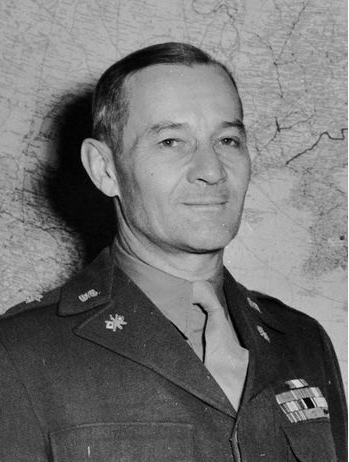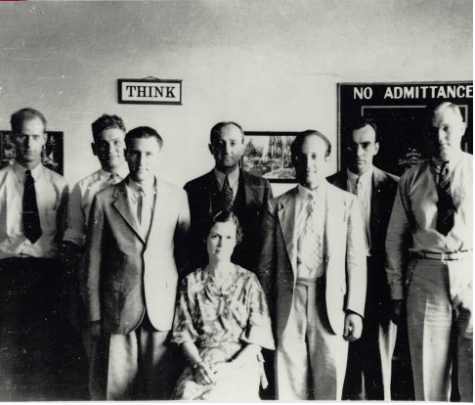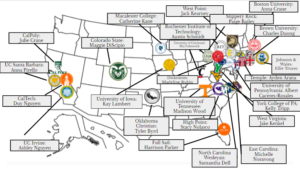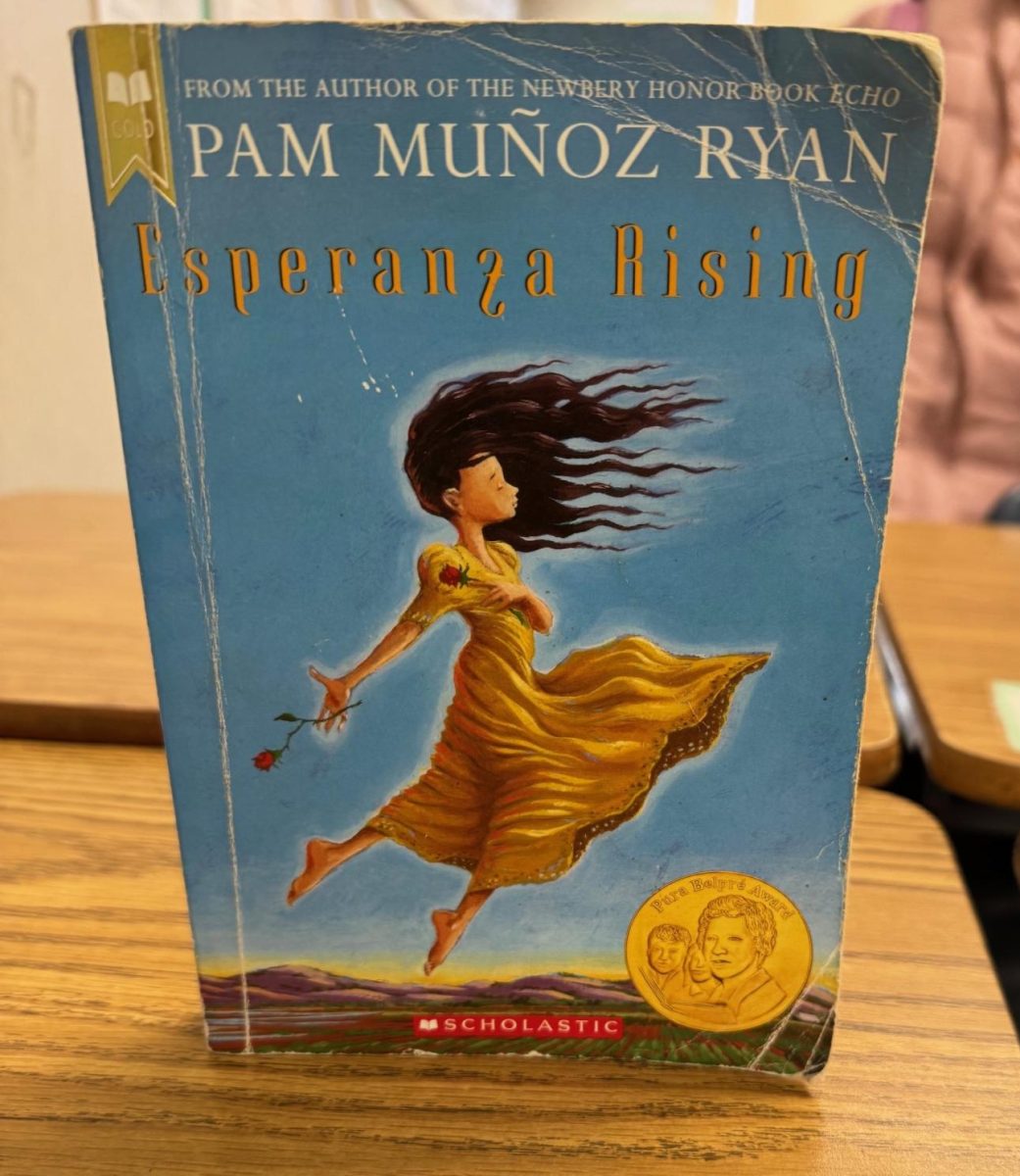Former FCHS Principal Helped Win WWII for Allies
January 25, 2018
From childhood, spy novels and movies have been filled with secrets and codes, allowing the good guys to hide information from bad guys. Well, the same goes for the real world, including a member of the Falls Church High School faculty, Dr. William S. Rumbough, during his service in World War II.
Dr. Rumbough began his tenure at FCHS as a member of the mathematics department in 1947. Two years later, he was elevated to the position of principal, a role in which he served until 1956. The fact that his name is not familiar to most members of the Jaguar community today is unfortunate, and something The Jagwire would like to correct, because Dr. Rumbough played an integral role in winning the war for the Allied Powers.
During World War II Dr. Rumbough worked for the Signal Intelligence Service, a codebreaking U.S. Army division. They were instrumental in breaking the “Purple” code, an extremely secure Japanese encryption code used throughout World War II. The Signal Intelligence Service (SIS) used the services of not just linguistics specialists, but as it became apparent that mathematics was the future of cryptography, mathematicians.
The first commander of Camp Crowder, an SIS a base, was a Major General William S. Rumbough. Maj. Gen. Rumbough only served at Camp Crowder for a year before he was stationed in Europe as the chief Signal Corps officer for the US Army. He maintained the US Army Signal Corps from D-Day through the end of the campaign in Europe. This was a huge job because the Allied Powers had to keep to information about the D-Day invasion a secret, and the Signal Corps was in charge of maintaining that secrecy, as well as feeding false information to the Axis Powers in Europe. They created cipher instructions for soldiers, so that they could send and receive protected information while on the front lines. The work of the Army Signal Corps saved many lives, and won the Allied Powers many battles during the war.
Much of Maj. Gen. Rumbough’s incredible story would not be known today without the work of Robert Mills (Class of 1949). During his time working at the National Security Agency, Mr. Mills read a bulletin about the major general, and embarked on a personal research quest to make sure that the story of Maj. Gen. Rumbough was not lost.
Maj. Gen. Rumbough was a popular head administrator. In the spring of 1950, as he neared the conclusion of his first year as principal, the yearbook had page with a letter titled, “Reminiscin’.” In this letter, the yearbook students made a point of demonstrating their appreciation for his leadership, describing their “General” as a “very capable administrator.”
His personal yearbook is also filled with the scrawl of, in now nearly-defunct cursive, students who signed his yearbook. The notes and letters read like the back of a friend’s yearbook, wishing the major general good luck in the future, the companionship of friends, and thanks for his capable administration and friendly demeanor.
Frederick William Grenfell (Class of 1950), a student described in the book as being solemn and unaffected, wrote, “I hope you can make as many friends everywhere you go, as you have here.” He then went on to sign it “Fred,” as if they were buddies from back home. Another student, Nancy Lohr (Class of 1953), wished Dr. Rumbough “lots of luck to the best principal FCHS ever had.”
Flipping through this relic of FCHS in a different era, one is struck with a sense that Maj. Gen. Rumbough, as official and administrative as he was, left the students with a sense that they had a friend in the main office—that they could tell their principal that they really did admire him, and felt no embarrassment doing so. The notes left by students leave a permanent artifact of a great man, military leader, teacher, and high school administrator.
Although he administered our school in time much different than today, the parallels between the school Dr. Rumbough led and that of our current classes is not too different. Without the historical research of people like Mr. Mills and our beloved shot put coach, Mr. Craig Day (Class of 1977), the history that lies in the walls of Falls Church might be forgotten. The stories about secret codes and of military valor might be gone forever. Falls Church High School, as a community, should continue to seek out the stories that make up who and what being a Jaguar is.

(Photo Courtesy of the Missouri State Archives)

(Photo courtesy of the U.S. Army)




